During a press briefing, multiple Dentons representatives have given insights on the current state of the Romanian business market, including relevant data about renewable energy, ESG strategies and the growth of the local startup ecosystem.
”What we can take away from the transactions that have happened last year on the local energy market is this: investors are more and more interested in renewable energy. But the market was not ready. There are more parties interested in purchasing or investing in green energy than there are actual projects and initiatives. Actually, there are plenty of entrepreneurs that are putting projects on the table, hoping to get funding, but when you take a closer look you find lots of flaws and inconsistencies in their businesses”, says Claudiu Munteanu-Jipescu.
Investors are interested mostly in funding renewable energy projects that harness wind or solar energy, especially in large scale operations. According to Munteanu-Jipescu, there have been investors looking for businesses that could provide them with over 100mWh of renewable energy.
According to the Dentons partner, Romania’s land ownership laws are to blame for this lack of investment opportunities: simply put, it’s very difficult to transform a piece of land that was being used for agricultural purposes into a solar or wind farm.
Munteanu-Jipescu says this increased appetite for renewable energy is a consequence of EUs Green Deal - many real-estate investors saw it as an opportunity to diversify their portfolios. And apart from investors, B2B consumers are starting to pay more and more attention to renewable energy technologies and solutions, developing their own solar or wind farms in order to meet internal energy demands.
”ESG is becoming results-oriented”
In Romania, companies are scrambling to figure out what ESG actually is and shareholders and banks are the main drivers behind this need for change, says Perry Zizzi, the Managing Partner of Dentons Romania. ”ESG is a high topic - we have a working group dedicated to it and I’m involved in a due diligence where I’m currently being asked about it”, he says.
According to him, ”there is a lot of confusion globally - our clients are always asking us what they can do to better their ESG scores”. And the stakeholders are more and more interested in seeing actual results, not just well-written statements and policies. And that even applies to the Dentons law firm.
Their clients want to make sure that the firm is making a positive impact. ”We are getting asked more and more what we, as a firm, are doing for ESG. And they’re asking to see how much money we’ve put into this, or into that. It’s becoming results-oriented, it’s not enough anymore to just have a policy that refers to ESG”, he admits.
How do we keep Romanian startups in Romania?
Cristina Dăianu, another partner at Dentons, talked about the Romanian startup ecosystem. While the local ecosystem has seen a lot of traction in the past years, the ”challenge is to convince the startups that they can do business from Romania, because a lot of the founders want to relocate their operations to the UK or to the US”, according to Dăianu.
There are a few hurdles that Romanian founders have to face from a legal standpoint. First of all, there are no laws that could enable companies to offer employee stock plans but, says Dăianu, there is a law project that could give VCs more options when it comes to stock options.
Then there’s the bureaucracy surrounding EU funds - ”Bureaucracy is pushing founders towards VCs and away from EU funding”.
Dentons Romania offers startups guidance when they want to expand their operations in different countries, among other things. And in order for the startups to be able to afford the services that Dentons provides, the firm has special pricing packages that are accessible to both larger startups and early stage ones.
 Octavian Palade
Octavian Palade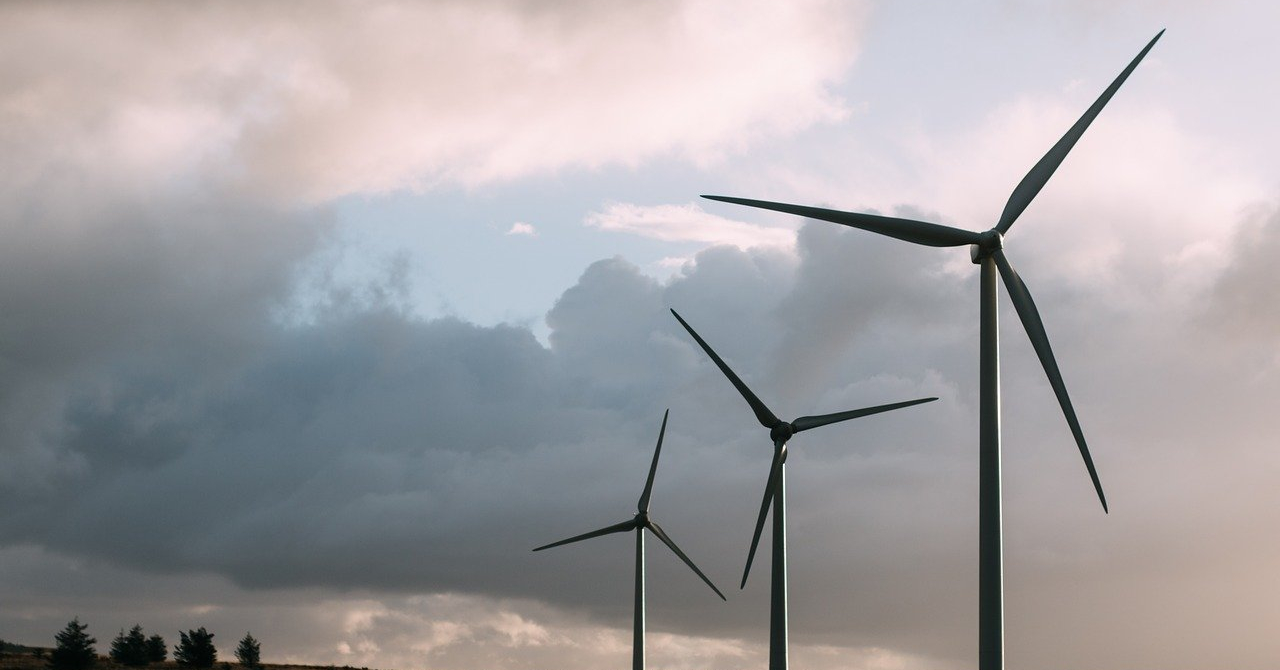


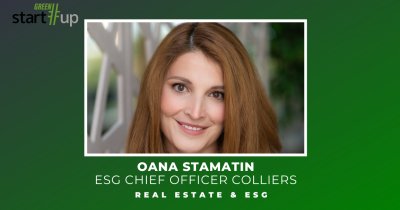





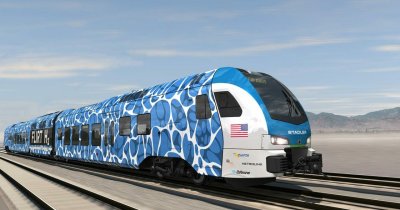
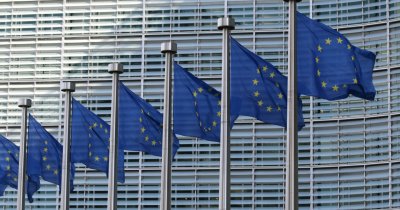

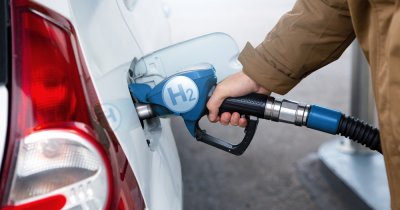
Any thoughts?